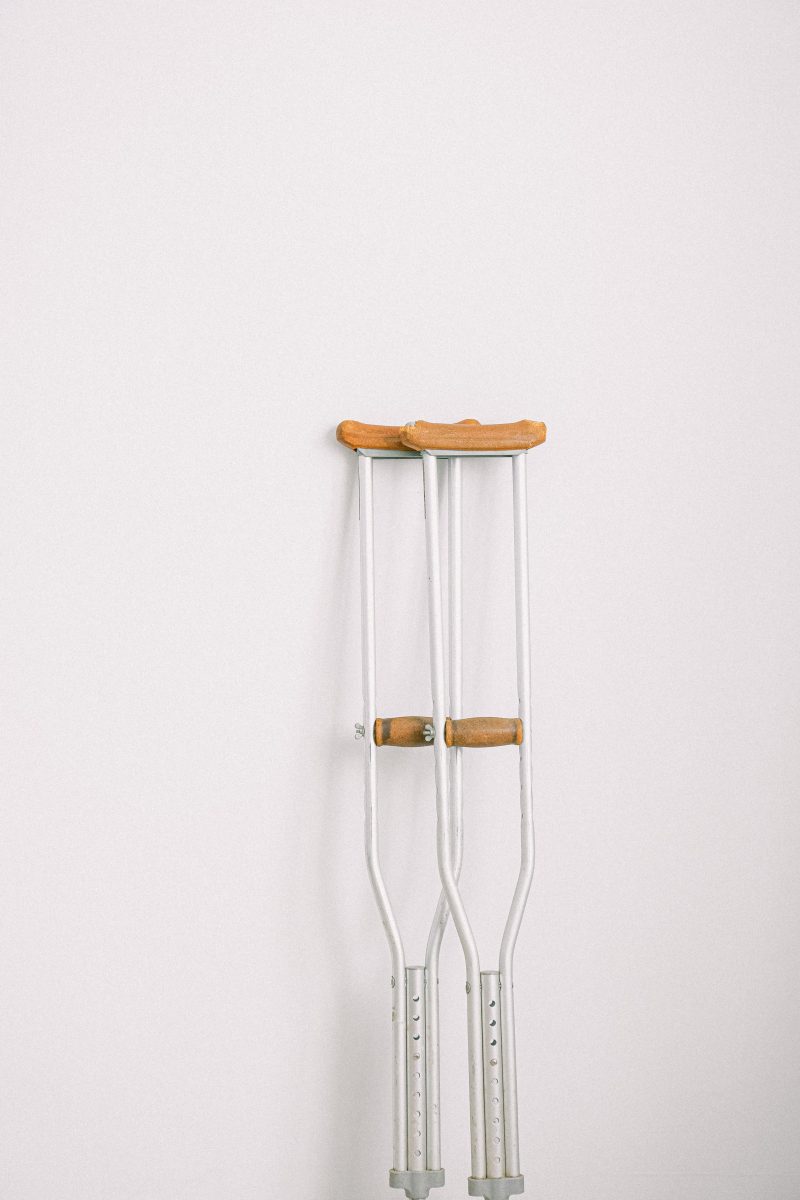Statistics reveal one of the leading causes of death globally, after heart disease and cancer, is negligence. The statistics sound alarming. Medical malpractice happens when a healthcare provider diverges from the recommended “standard of care.” The “standard of care” is explained as what a healthcare provider would or wouldn’t have done under a similar situation.
For a patient to triumph over a medical malpractice claim, the evidence must prove that your health care provider breached accepted medical conduct and fell short of required medical standards. To win a medical malpractice lawsuit, we will cover an expert’s opinion and insight on what a victim must prove to win a medical malpractice lawsuit.
- Breaching Standard of Care
The essential component of a medical malpractice lawsuit is that there must be an infringement of care standards. Contacting an experienced malpractice lawyer should be the first step a victim takes. An expert will help with your claim by having a thorough review of the case details. They are well informed about such nature cases, and that’s why you need them to deal with the case’s complexity. The case details in this context include:
- Securing relevant medical records.
- Conducting interviews with the victim, close family members, or friends.
Most medical malpractice lawsuits that have contravened standard of care require expert testimony on behalf of the plaintiff. In this case, an expert is a doctor or nurse well trained in the same field of health experts, who need to establish and testify what the standard of care was and give a testimony of how this standard was not fulfilled and hence resulted in damages to the victim.
- Doctor-Patient Relationship
A doctor-patient relationship exists when a patient consciously seeks a health care physician’s assistance and in which the health care physician knowingly receives the person as a victim. It merely means that the physician or health care provider was in some way, offering you medical care. To establish negligent care caused harm to a patient, there has to be a doctor-patient relationship. Proving this is the easy part as there is the existence of medical records.

- Evidence of Negligence
Evidence of negligence is a vital element in the success of a medical malpractice lawsuit. To determine whether a healthcare provider demonstrated failure, their decisions or behavior are weighed against the “standard of care.” To understand how the “standard of care” is determined, you need to ask the hypothetical question, “was the medical care provided to the victim the same as what a proficient medical expert/professional or facility would provide under the same scenario?” Here are a few common examples of medical negligence and how to recognize one should you find yourself as a victim of medical malpractice.
- Incorrect medication or prescription
It mostly happens when a patient receives the wrong dosage of drugs, prescribed incorrect medication for their illness, or gets another patient’s drugs or medication. Incorrect medication mostly happens as a result of poor communication between the doctor and nurse. A nurse may misread a doctor’s report and hence administer the wrong medication.
- Surgery Errors
Medical negligence may arise in operating theatres as a result of surgeons’ mistakes. Such cases mainly happen when a surgeon mistakenly leaves surgical tools in a patient’s body, punctures another organ, or laxity in postoperative care, or fails to follow the standard procedure to avoid infection.
It is advisable to take action immediately if you reckon that your surgeon has been medically negligent. Failure to respond quickly to such a situation may facilitate further medical complications or even death.
- Anesthesia Administration
Mistakes involving anesthesia administration lead as being the most consequential medical negligence cases. Mistakes made from such negligence may lead to perpetual brain damage or health. Standard errors of medical negligence done by professional anesthesiologists include:
- Failure to take into perspective a patient’s health history.
- Using faulty equipment
- Administering excess anesthesia to a patient than what is required.
- Proof that Negligence Led to Injury
This step is crucial as it links the healthcare provider with injuries that you suffered, which you wouldn’t have suffered had your physician or doctor not made an error. It is imperative to note that if you had an existing medical condition, it does not lay any ground for medical malpractice. Consult a medical malpractice attorney who will assist in proving that your injury occurred due to negligence.
- Damages Caused by Injuries
The final important step requires proven evidence that your injury resulted in severe damages or losses, including:
- Extra medical costs caused by the resulting injury
- Physical pain and suffering
- Incapacity to earn due to permanent disability or injury
- Loss of salary wage as a result of missing work
Medical malpractice cases are complex, and that’s one significant reason you need the help of an expert, as explained in this article.


